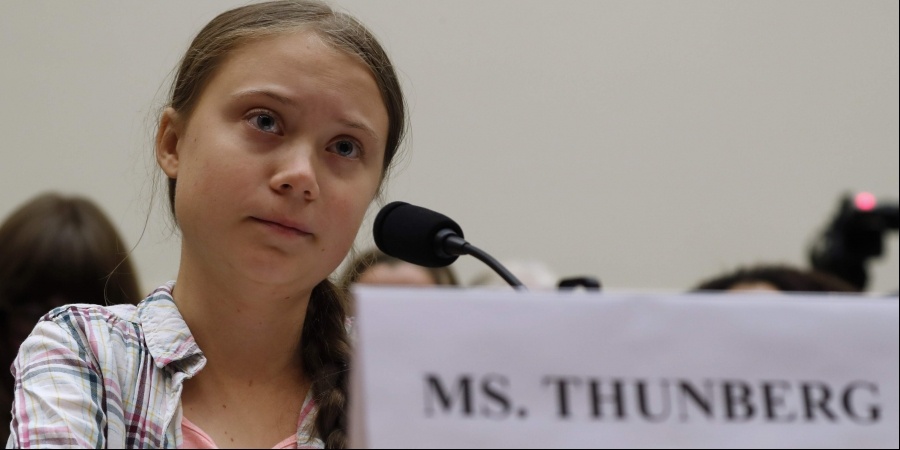It’s not uncommon for the Nobel Prizes to be surrounded by controversy. Last year, the Nobel Literature Prize was postponed due to one of the committee members, Jean-Claude Arnault, being imprisoned for two counts of sexual assault. This year, Abiy Ahmed, the Prime Minister of Ethiopia, won the prize for his efforts resolving a 20-year long border conflict with Eritrea, as well as his widespread political reforms in the country. Included in the nominations were a number of controversial figures, ranging from Greta Thunberg to Donald Trump.
You can’t talk about this year’s Nobel Peace Prize nominations without looking at Greta Thunberg; she was the favourite to win on multiple betting sites. She recently won the Right Livelihood Award, which is deemed by many as the ‘Alternative Nobel Prize’. Thunberg has done important work and is the face of the youth grassroots movements against climate change. Last month she addressed the UN Climate Action Summit in New York, and we can’t ignore that she has been at the centre of the school climate strike protests. Thunberg has inspired a generation of youth to get involved in politics and be heard.
However, experts are divided on whether there is a connection between climate change and armed conflict. In many ways, Greta Thunberg was only been nominated because she’s the flavour of the month. Right now she’s hugely influential, and being on her side looks good and makes you in with the kids. While she’s done a lot for climate change, it’s hard to see what she’s done for world peace. Yet, this didn’t exactly stop Al Gore from winning the Nobel Peace Prize in 2007.
At odds with Greta Thunberg, we have Donald Trump, who has been nominated by US Congressman for opening a dialogue with North Korea. This is most likely a vote in retaliation to former president Barack Obama winning in 2009 for his effort to ‘seek the peace and security of a world without nuclear weapons’. Obama’s victory was hugely controversial since his presidency was full of drone strikes and military intervention. If Donald Trump was to win, it would be problematic for the largely the same reasons. To top things off, just like Obama, Trump has been largely ineffectual in reducing the nuclear arms in the world. Unlike Greta, Trump was most definitely not a favourite to win.
Among other controversial nominees was whistleblower Edward Snowden and the founder of WikiLeaks, Julian Assange. Edward Snowden and Julian Assange go hand in hand; both have released information on the inner corruption of governments. Snowden famously revealed the lengths that the US Government and the NSA go to spy on both the American people and the rest of the world. This wasn’t his first time, having been nominated in 2013 by a Swedish professor. The professor argued that awarding Snowden the Nobel Peace Prize would rectify the mistake of giving Obama the award in 2009.

Luiz Inácio Lula da Silva, the former president of Brazil, was another strange nomination. Currently in prison on corruption and bribery charges, he was nominated by the 1980 Peace Prize laureate Adolfo Pérez Esquivel. If nothing else, the nomination of Lula proves that just about anyone can be nominated for anything.
However, it isn’t uncommon for the Nobel Peace Prize to have controversial nominations. Eighty years ago, only nine months before the German invasion of Poland, Hitler was nominated by Erik Brandt. While this was satirical, a few other dictators have also been nominated. Stalin was nominated in both 1945 and 1948, and Mussolini was nominated in 1937. For the most part, though, these nominations are never taken seriously.
To be nominated for the Nobel Peace Prize means very little, and controversial choices are frequently meant as political stunts. The Committee secretary, Olav Niolstad, told AFP, ‘There are so many people who have the right to nominate a candidate that it’s not very complicated to be nominated’. This statement is further supported by another former secretary, Geir Lundestad, who said, ‘It’s pretty easy to be nominated, it’s much harder to win’. Maybe we shouldn’t take too much note on nominations that are clearly meant as political stunts, and rather focus on the ones who have proved themselves as being key in furthering world peace.
Image: AP

